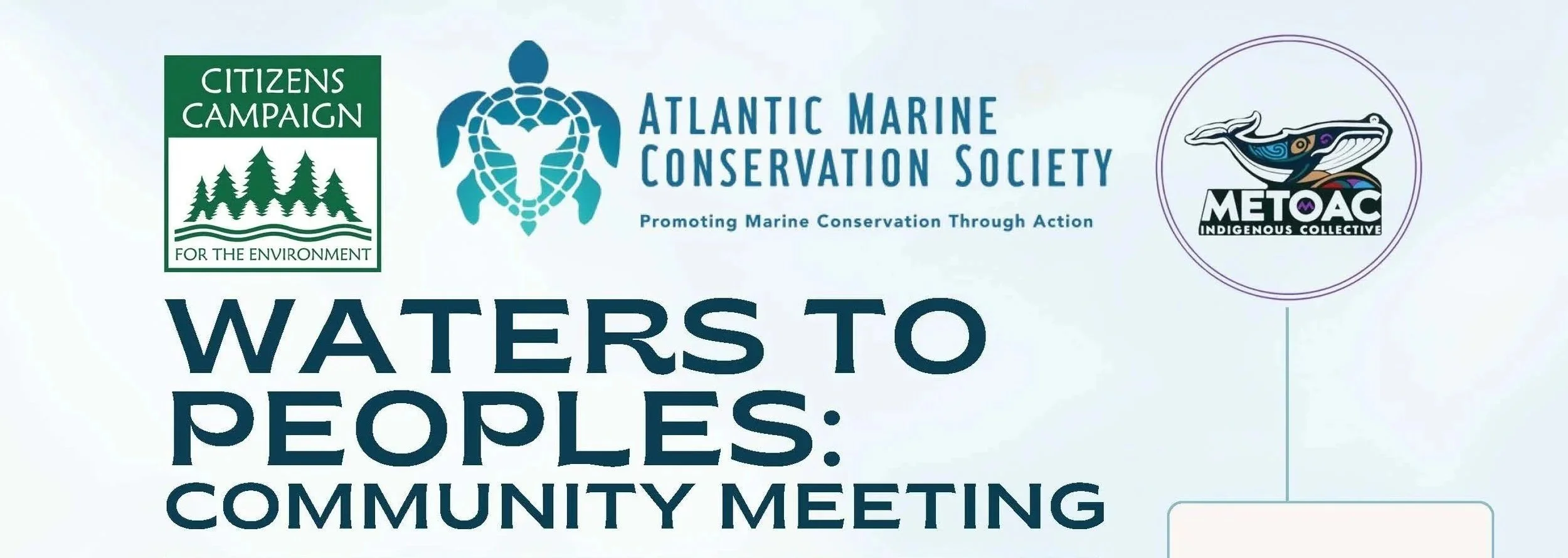SAY “NO” TO STYROFOAM!
Expanded polystyrene (EPS) foam, commonly referred to as StyrofoamTM, poses a significant and unnecessary risk to our environment and public health. This material is not biodegradable, and after being used for food service, it is not recyclable. Foam food packaging is only used for a short time and it can persist in the environment for generations—littering open spaces, polluting waterways, and harming wildlife. EPS foam is easily replaced by sustainable alternatives and immediate action is needed to protect our communities and environment.
Polluting Our Environment and Harming Wildlife
EPS foam is a common form of plastic pollution found at beach cleanups and littered in our communities.
· In 2018, Riverkeeper conducted a shoreline cleanup of the Hudson River, its tributaries, and the New York City waterfront and found that foam pollution was the second most prevalent type of trash collected.
· Over 2.3 million pieces of foam (over 580,570 foam take out containers) were collected by the Ocean Conservancy during their 2018 International Coastal Cleanup.
· EPS foam contributes to the more than 22 million pounds of plastic that pollute the Great Lakes annually.
EPS foam doesn’t biodegrade; instead it breaks into small pieces and eventually becomes microplastic pollution in our waterways. Once microplastics enter our waterways, they act as toxic sponges, accumulating toxic chemicals present in the water, including pesticides and PCBs. The microplastics have been shown to accumulate toxins a million times higher than the surrounding waters. Studies show that when fish and aquatic life consume these microplastics, the chemicals are passed up the food chain to larger fish and wildlife, and ultimately, can end up on our dinner plates. Furthermore, EPS foam is derived from petroleum or natural gas and the manufacturing process increases greenhouse emissions that contribute to climate change.
A Threat to Our Health
The U.S. Department of Health and Human Services’ National Toxicology Program listed styrene, a chemical in EPS foam, as “reasonably anticipated to be a human carcinogen.” It is known to leach from food packaging containers into food and drinks, especially when exposed to heat. Exposure to styrene increases our risk of leukemia and lymphoma and can cause irritation of the skin, eyes, upper respiratory tract, and the gastrointestinal tract. Over fifty chemical byproducts are released during the manufacturing of polystyrene, contaminating air, water and communities that surround these facilities (several EPS foam manufacturers exist in Upstate New York).
Legislative Campaigns to Ban Styrofoam
While some individual retailers—including McDonalds and Dunkin Donuts—have begun to voluntarily phase out the use of EPS foam, many others are refusing. Therefore, CCE is working with local and state governments and urging them to step up and enact bans of EPS food service containers and packaging.
Victory! New York State Bans EPS Packaging
After successful campaigns to enact EPS bans in New York City and several counties in New York, CCE launched a campaign to ban EPS statewide. As part of the 2020-2021 New York State budget, Governor Cuomo and the New York State legislature enacted a ban on EPS food service containers and packaging peanuts, effective January 1, 2022!


